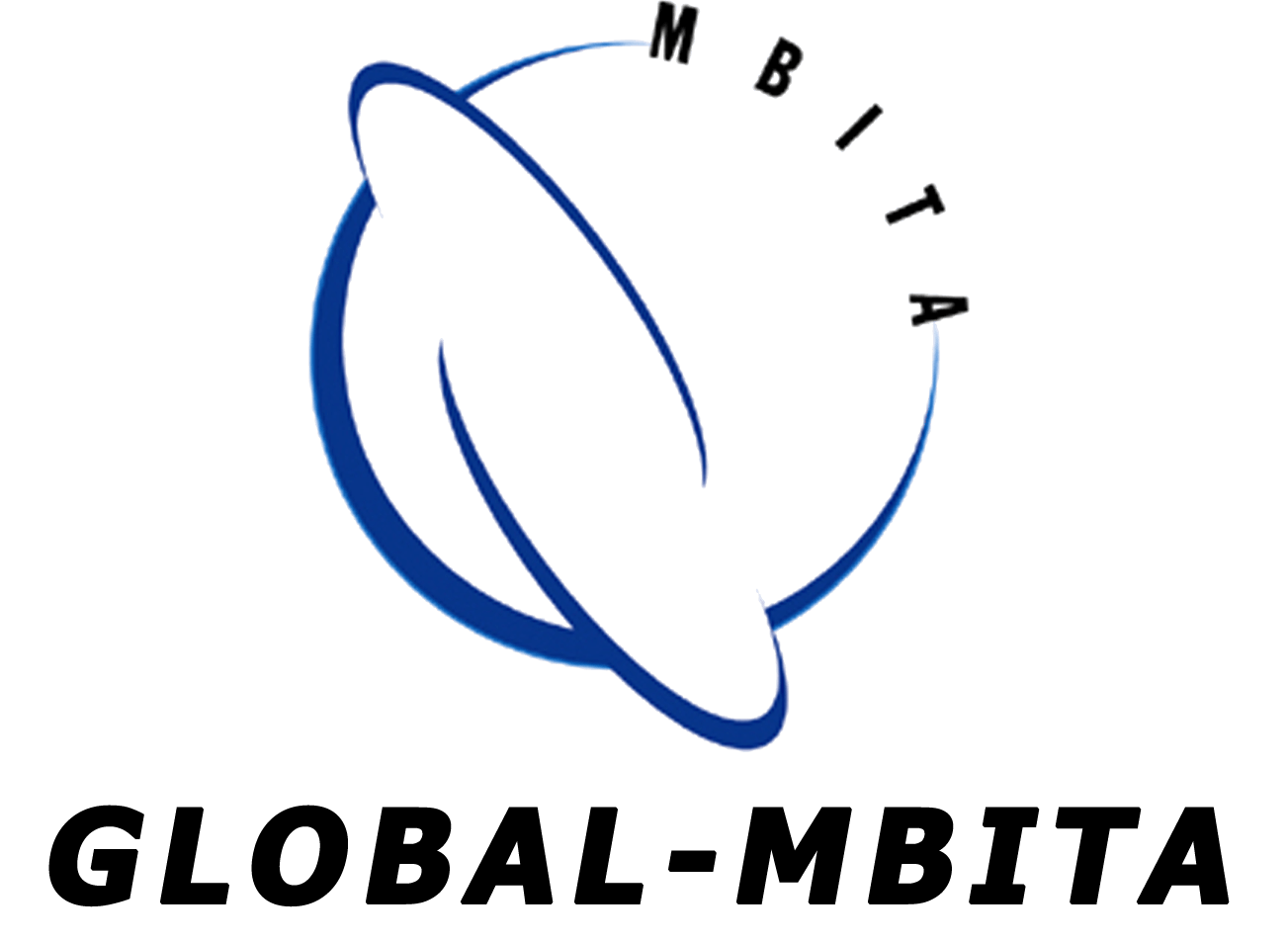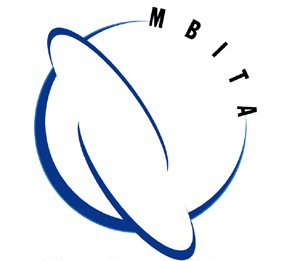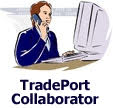Value Added Tax in Europe and Other Countries
Britta Eriksson
President & CEO
Value Added Tax (VAT) is a tax that is levied on goods and services in almost all countries around the world except the U.S. 15-25% VAT will be assessed to the goods imported to the European Union, and it is very important for the U.S. company to understand how this works and what effect it will have on the goods they sell. Will it be a cost to their customer? Does it matter if they sell to a company or to a private customer.
If the U.S. company acts as the importer, then it will in most cases be required that they register for VAT in the EU country of import, and that they charge VAT to their customers. How does this work? Can we register without having an establishment? How much will this cost our customers and us? What are the procedures and what help do we need?
VAT is also added to sales of services within the EU. How does this work? Does the U.S. company that sells to customers in the EU have to register for VAT and charge VAT to the customers?










